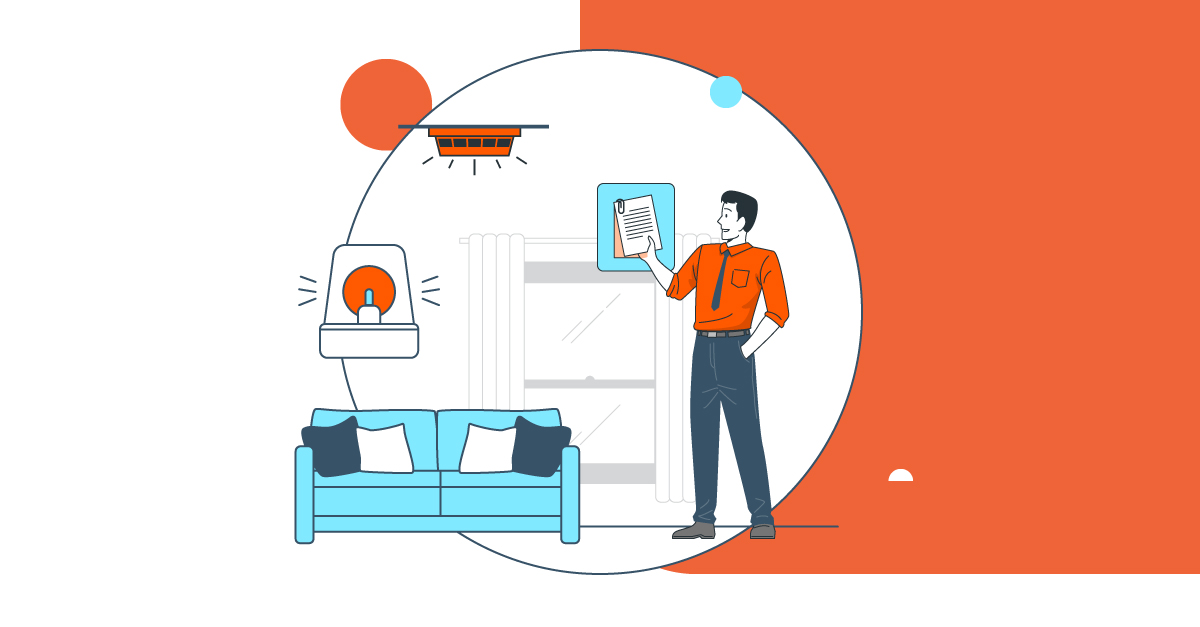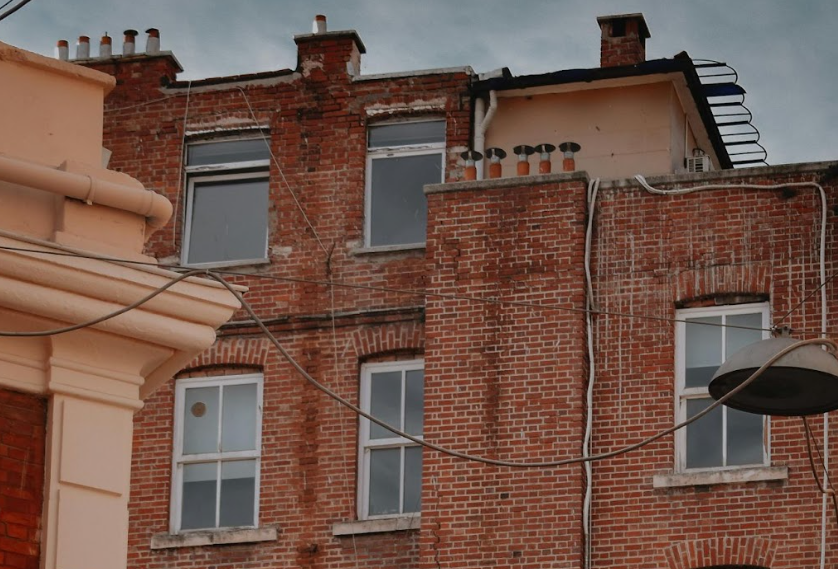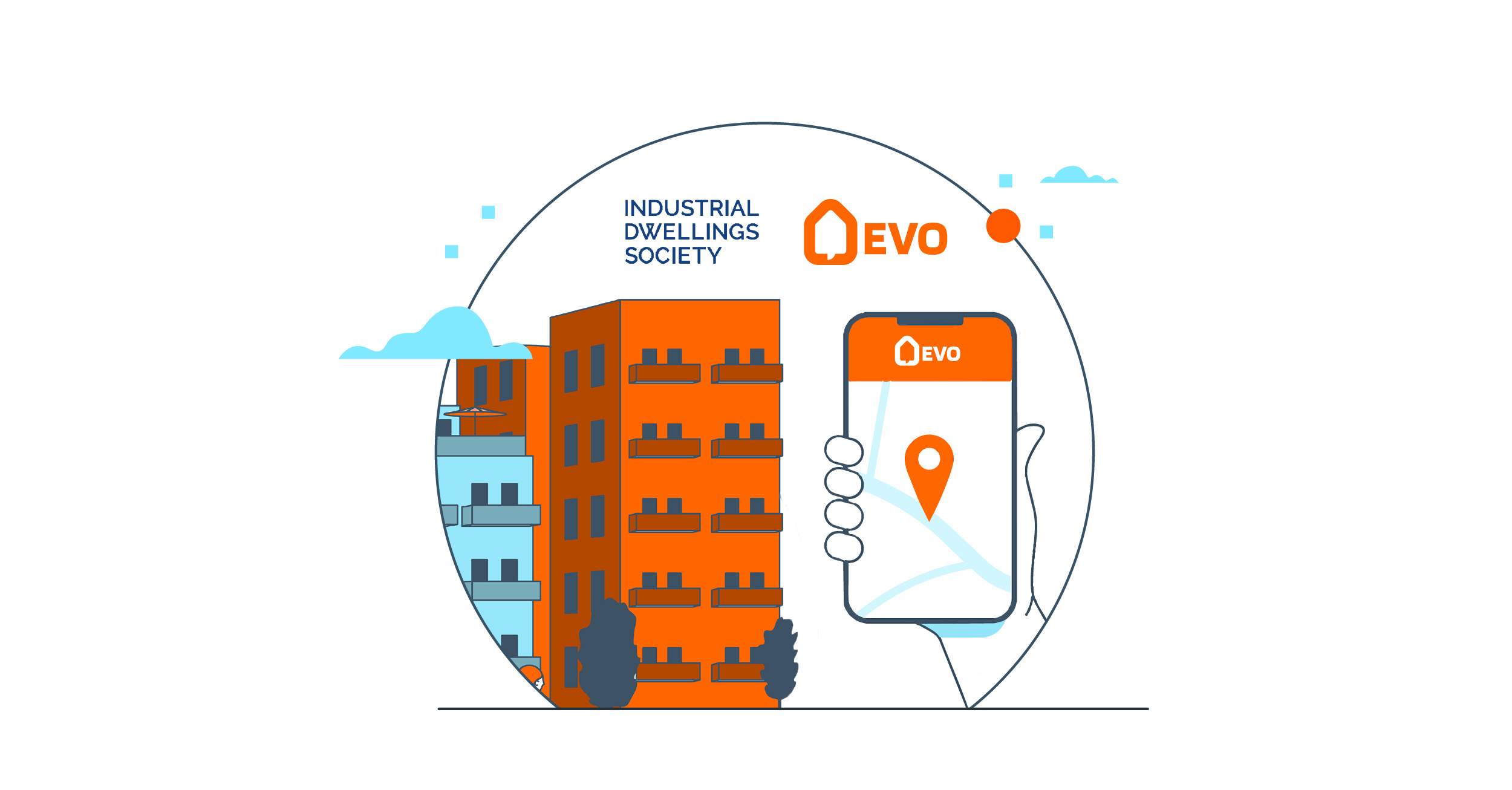
|
Highlights:
|
In the year leading up to June 2023, fire and rescue services attended 26,491 domestic fires in England, 218 of which resulted in fatalities.
Every year about 20 people die from carbon monoxide (CO) poisoning and more than 4,000 hospital cases are related to CO inhalation.
In October 2022, the government extended regulations on domestic smoke and CO alarms in both social and private rented accommodation by amending the Smoke and CO Alarm (England) Regulations 2015.
The aim was to reduce the number of deaths from fire and CO poisoning.
This article explains what these extended regulations mean for private and social housing landlords.
What Is Carbon Monoxide?
Every time you burn fuel in fireplaces, boilers, heaters, gas cookers, grills, stoves and lanterns, CO is emitted. It can build up indoors and injure or kill people who inhale it.
Fuels are substances that react with oxygen to release useful energy. Most of the energy is released as heat. When a fuel burns in plenty of air, it receives enough oxygen for complete combustion.
Incomplete combustion occurs when the supply of air is poor. When this happens, instead of producing carbon dioxide, carbon monoxide and carbon are produced. CO is a poisonous gas that can make you severely ill or kill you if you are exposed to high levels.
Gas fires and boilers must be serviced regularly to ensure they do not produce carbon monoxide.
The Importance of Having Smoke and CO Alarms
Smoke and CO alarms protect residents from injury, death or damage to their homes by emitting a warning noise that there is a dangerously high level of smoke or gas in the home.
Like CO alarms, smoke alarms save lives. Government statistics show that you are approximately 8 times more likely to die in a fire if you do not have any working smoke alarms in your home.
The UK government wants residents to be safe in their homes, and landlords are expected to follow through on this ordinance. The Grenfell Tower tragedy in 2017 resulted in 72 deaths and 70 injuries - the biggest peacetime loss of life in UK history.
This was followed by the social housing green paper, which aimed to balance and redress the relationship between landlords and residents.
As a result of this green paper, the government eventually implemented the Smoke and Carbon Monoxide Alarm Amendment Regulations 2022.
How many properties in England have smoke alarms?
In 2022–2023 around 96% of social renters reported having at least one working smoke alarm. This is compared to 93% of private renters and 92% of owner occupiers.
The overall figure had increased from 88% to 93% since 2012-2013.
Prior to the introduction of the Smoke and Carbon Monoxide Alarm Regulations 2015, the number of private rented homes with working smoke alarms was 83%.
What Are the Regulations for Smoke and CO Alarms in Rented Properties?
Under the Smoke and CO Alarm (England) Regulations 2015, landlords must:
-
Fit at least one smoke alarm on each floor that has living accommodation in all domestic properties.
-
Fit carbon monoxide alarms in rooms that have a fixed combustion appliance - including open fireplaces.
The Smoke and Carbon Monoxide Alarm Amendment Regulations 2022 say that landlords must:
-
Fit a carbon monoxide alarm in any room used as living accommodation that contains a fixed combustion appliance, excluding gas cookers. However, examples of what it covers include:
-
Boilers
-
Warm air heaters
-
Water heaters
-
Ensure they replace or repair faulty smoke and carbon monoxide alarms as soon as they are reported to them.
Local authorities enforce these rules. If a local authority finds that a landlord has not complied with the regulations, they can send a remedial notice ordering them to fix the problem within a certain time frame. Failure to comply with this notice could result in a fine of up to £5,000.
Residents can ask their landlord to fit, replace or repair a smoke or carbon monoxide alarm. If the landlord fails to do this or takes too long, the resident can ask for their local authority to inspect the property under the Housing Health and Safety Rating System (HHSRS).
The local authority can force the landlord to fix the problem, or the council will do it and charge the landlord for the work.
💡Do smoke alarms in UK rental properties have to be hard-wired? |
|
Hard-wired smoke and CO alarms are connected to your property’s mains electricity. They are more difficult to install but also more reliable. However, you can use either hard-wired or battery-powered alarms in your properties, depending on what works best for you and your residents. The only stipulation is that they comply with British Standards BS 50291. Battery-powered alarms with ‘sealed for life’ batteries are more reliable than alarms with replaceable batteries. |
The Law and Smoke Alarms
To meet the requirements set out in the Building Regulations 2010, smoke alarms have to be installed in all newly built dwellings and when a home changes its use (for example, it converts to a business) or when extensions or lofts are built.
Since 2015, private sector landlords have been required to install at least one smoke alarm on each floor used as living accommodation, and to ensure that they work at the start of each tenancy.
This regulation was a response to the poor standards in the private sector which, at the time, had fewer smoke alarms (83%) and CO alarms (21%) than any other sector.
During reviews of the laws proposed in 2015, it was found that the positioning of the smoke alarm can affect its efficiency and, as a result, many households reported that the alarm did not signal because it was too far away from the fire. It was also recommended that new regulations be implemented regarding the frequency of testing the alarms.
The Home Office recommends that alarms should be tested once a month by the resident rather than the landlord and that if the smoke alarm is faulty, it is the landlord’s obligation to repair or replace it.
Installation of CO Alarms
CO can be emitted if a fixed combustion appliance is faulty, badly installed or not maintained. It can also be emitted if a flue or chimney is blocked or leaking. While mild poisoning can lead to flu-like symptoms and headaches, high concentrations of CO can result in coma or death.
When installed correctly, CO alarms give an advance warning of high levels of CO. These alarms have to be properly installed, maintained and checked by a qualified engineer or electrician.
💡Carbon monoxide alarm statistics |
|
The CO alarms have to be fitted alongside the installation of any fixed combustion appliance of any fuel type, and the law applies to installations in new and existing homes.
It has also been recommended that the alarms be fitted on the ceiling at a distance of at least 300mm from any wall, or on a wall as high up as possible.
It is a legal requirement that CO alarms are placed 1-3 metres away from any fuel-burning appliance. If a CO alarm is sounding, the tenant must open all windows and doors and turn off gas appliances. They should then leave the property and call the National Gas emergency helpline: 0800 111 999.
Other specifications:
-
Landlords must fit CO detectors that comply with the British Standard Institute Certification.
-
It must make sounds to warn users when its working life is due to expire.
-
It must warn the user when its sensor has failed.
How to Ensure Your Properties Comply with the Extended Regulations
Both landlords and tenants have a role to play in complying with the regulations.
-
Landlords must check that smoke alarms or carbon monoxide alarms work on the day a new tenancy begins. If a tenant notifies them of a defective smoke or CO alarm, they must investigate and repair or replace the detector or alarm as soon as reasonably possible.
-
Tenants must check the alarms during their tenancy. Landlords should explain how to do this and provide guidance in their tenant welcome pack to ensure they are checked correctly. Tenants are also responsible for changing the batteries.
If the alarm does not work after replacing the batteries, or if residents cannot replace the batteries themselves, they should report the problem to their landlord.
You can ask your local fire service to survey your property and recommend what fire safety equipment you might require.
A qualified electrician can then advise you on what products to use and fit them for you.
💡Check smoke and CO detectors during inspections |
|---|
|
Although it’s not the law, it’s a good idea to check your property’s smoke and CO detectors when inspecting it prior to planned preventative maintenance. This will help keep your tenants and property safe. |
Make Compliance Easy with EVO
Complying with fire safety regulations can be tough for busy landlords. Investigating problems, replacing faulty equipment and finding someone to do the work are all extra hassle.
But it’s also critical and needs to happen fast.
This is where using a digital tool like EVO comes in. It can help make all your property repair and maintenance work quick and hassle-free.
Here’s how it works:
🛠️You provide your residents with an intuitive app that they use to report problems and access useful property information - like how to test their smoke detectors.
🛠️When a problem is reported, it is automatically sent to the next available suitably qualified tradesperson.
🛠️The repair is scheduled for a time that suits the resident.
🛠️The tradesperson is sent all the information they need to complete the repair, including images and videos of the issue.
🛠️You and your resident are kept informed throughout the process.
🛠️When the job is complete, the tradesperson sends images of the repair for approval.
This approach ensures better communication between all three parties and enables repairs to be completed more efficiently. Best of all, you don’t need to act as a middleman.
Contact us for more information on how EVO can help your business.
PHOTO BY Illustrations @ EVO


